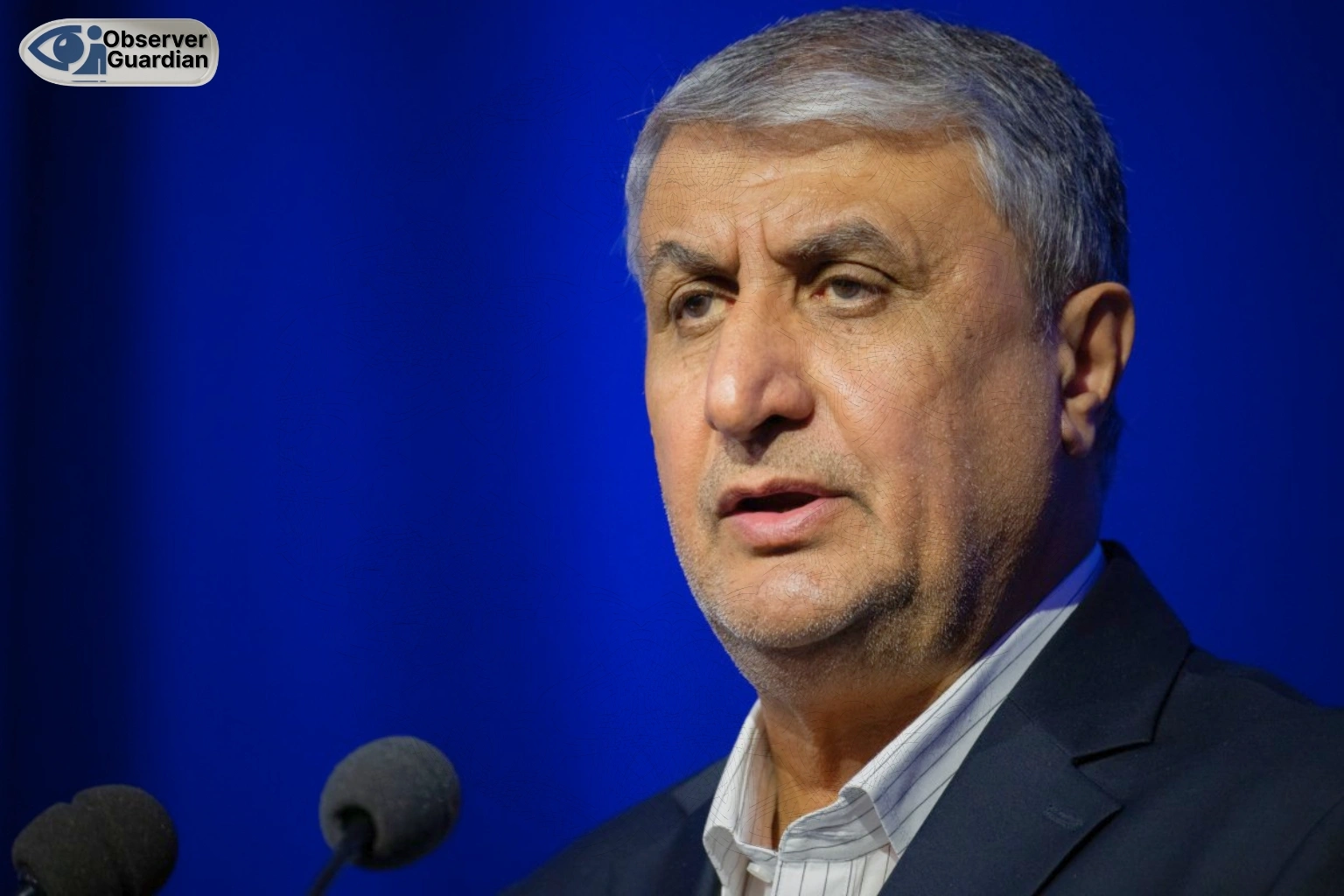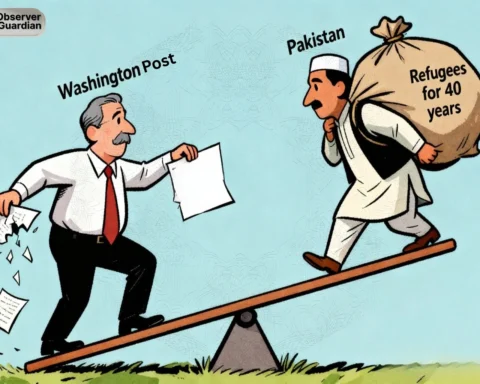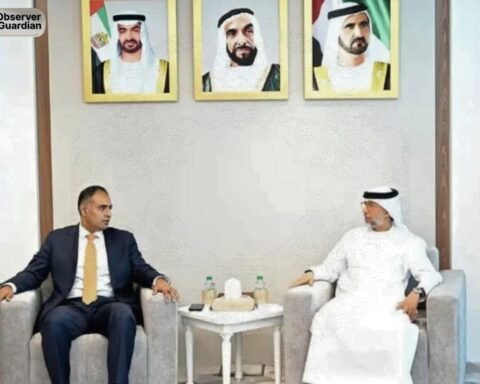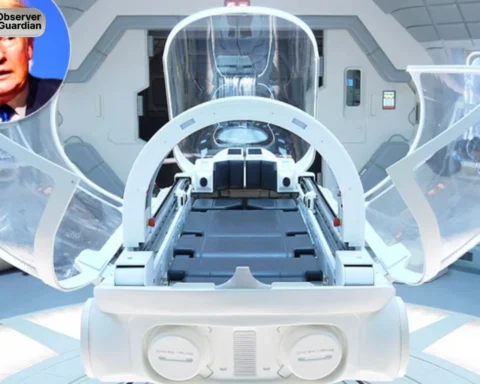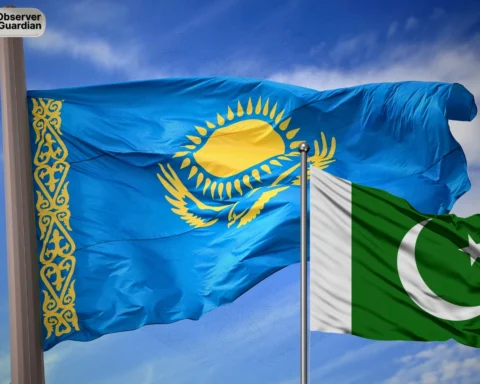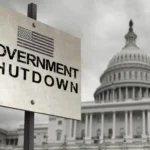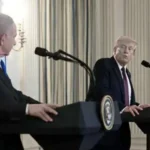Iran and Russia’s Nuclear Deal
Iran and Russia are set to sign a deal that basically kicks off construction of a whole new set of nuclear power plants. It is not just talk anymore. In fact, Iranian nuclear chief Mohammad Eslami went to Moscow earlier this week with a delegation, and from what is being reported, the agreement is ready to be sealed. Once it is signed, Russia will start the design and engineering work right away.
The Scope of the Project
The scope is pretty ambitious. Russia is expected to build eight new reactor units, with four of them going to the Bushehr site, the same place where Russia already helped Iran finish its first nuclear power plant back in 2013. Iran’s endgame is to push nuclear capacity up to 20 gigawatts by 2040, which would be a massive jump from where they are now.
Timing and International Context
This is happening at a tense moment. Iran is under a lot of scrutiny from Europe and the US, especially since the JCPOA nuclear deal has been hanging by a thread for years. Just last month, Britain, France, and Germany triggered the “snapback” mechanism to bring back UN sanctions unless Iran comes into line with inspections. So, this odd mix of events shows Iran doubling down on its nuclear program while facing the possibility of new international penalties.
Energy Independence and Geopolitics
For Iran, the deal is about energy independence and showing that it is not isolated. Officials keep repeating that their nuclear program is only for civilian power, not weapons. Russia, meanwhile, gets both an economic boost and a chance to flex geopolitical influence in the Middle East. With its own strained ties to the West, Moscow clearly sees value in deepening ties with Tehran.
Concerns and Reactions
That said, the move is going to set off alarms. Washington, Israel, and European capitals are likely to see this as Iran inching closer to weapons capability, even if Tehran insists otherwise. The IAEA will also be under pressure to keep a close eye on things. Iran has been openly critical of the agency, saying it has not been fair in how it handles inspections and reports.
Internal Politics in Iran
Inside Iran, the political conversation is getting more charged. A group of hardline lawmakers recently called for a shift in defense doctrine to actually include nuclear weapons. The country’s leadership still officially rejects the idea of building a bomb, but the rhetoric is getting louder as sanctions loom.
The Bigger Picture
It is a major nuclear expansion plan signed off by Iran and Russia, right when the international community is already on edge about Iran’s intentions. Whether this ends up being seen as just an energy deal or something much more controversial is going to depend on how the next few months play out.

